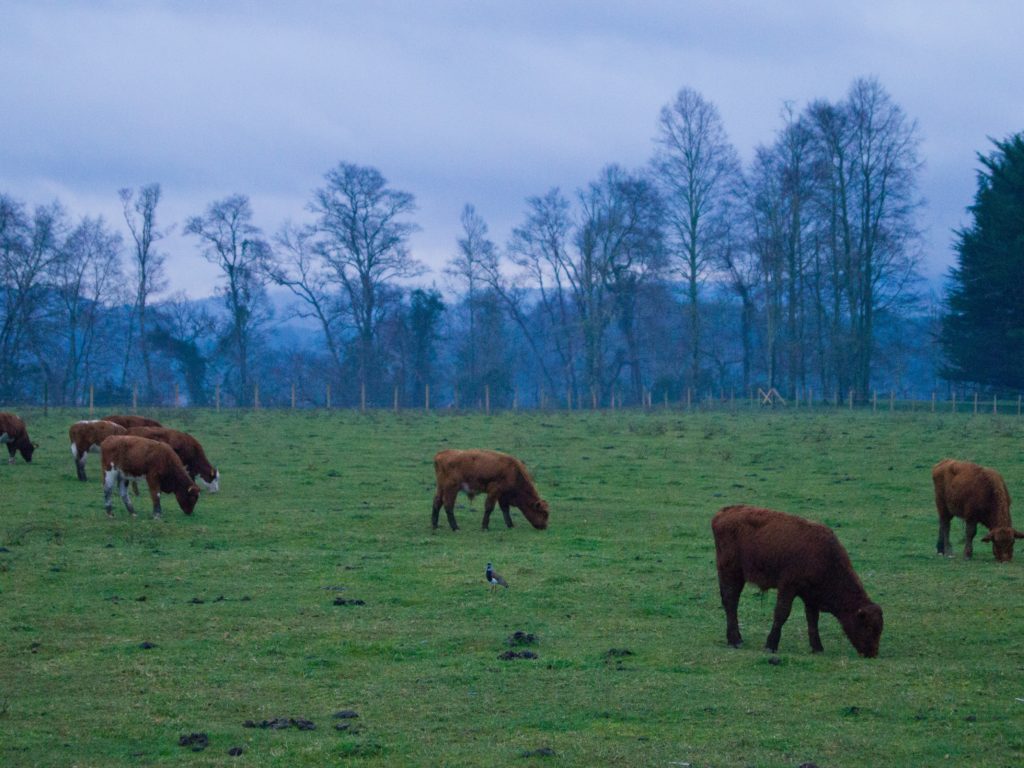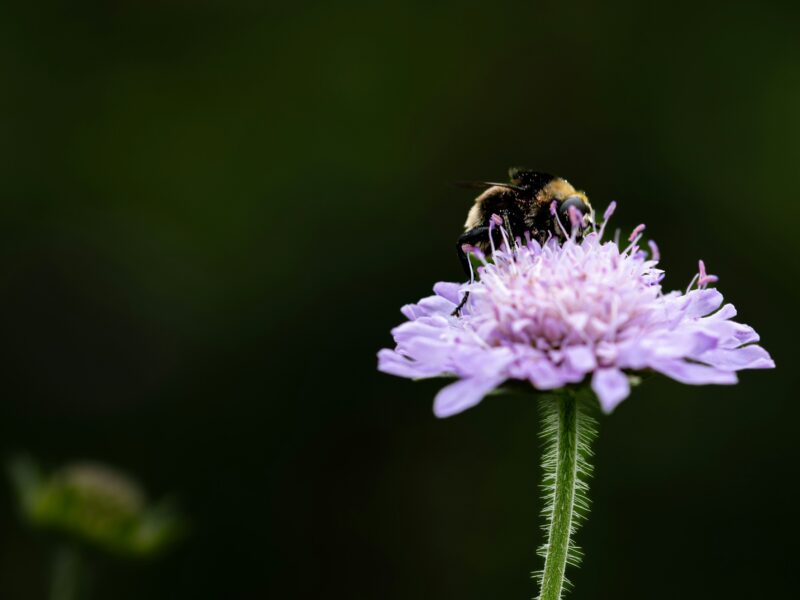The EPA bans chlorpyrifos on food crops. This year – for the first time since it was approved in 1965 – chlorpyrifos will not be used on food crops in the U.S. A literature review published in the Royal Society finds that ‘inert’ ingredients in pesticide formulations adversely affect the health of bees and other wild pollinators. Inert ingredients, also known as “other” ingredients, and not disclosed by name on pesticide product labels, facilitate the action of active ingredients targeting a specific pest. A new survey from One Degree Organic Foods, a family-owned company committed to total food transparency, reveals a significant gap in consumer education and awareness when it comes to the world’s most widely used pesticide2 – glyphosate, the main active ingredient in herbicides like Roundup – even amongst those trying to limit their pesticide exposure. Industrial farming, alongside global warming, ranks at the top of the list of existential risks this century. And, similar to the dangers attendant to excessive greenhouse gas (GHG) emissions, industrial farming is dangerously out of control, but in contrast to global warming, it is not followed at all by corporate media, begging the Orwellian question of whether media other than corporate media truly exist? One way humans could make a positive impact is by switching to a more organic diet. Organic farming is better for the environment as it uses fewer pesticides, relies on less energy, and creates less foil erosion, according to the Union of Concerned Scientists. Organic food is also better for our bodies, exposing us to fewer pesticides and often containing higher nutrient levels than non-organic foods. There are some creative Black food entrepreneurs who recognize the importance of going organic, and in response, put out some tasty organic foods you’ll want to add to your pantry.
A new survey from One Degree Organic Foods, a family-owned company committed to total food transparency, reveals a significant gap in consumer education and awareness when it comes to the world’s most widely used pesticide2 – glyphosate, the main active ingredient in herbicides like Roundup – even amongst those trying to limit their pesticide exposure.
A literature review published in the Royal Society finds that ‘inert’ ingredients in pesticide formulations adversely affect the health of bees and other wild pollinators. Inert ingredients, also known as “other” ingredients, and not disclosed by name on pesticide product labels, facilitate the action of active ingredients targeting a specific pest.
7 Organic Black-Owned Food Brands To Shop For Earth Day
One way humans could make a positive impact is by switching to a more organic diet. Organic farming is better for the environment as it uses fewer pesticides, relies on less energy and creates less foil erosion, according to the Union of Concerned Scientists. Organic food is also better for our bodies, exposing us to fewer pesticides and often containing higher nutrient levels than non-organic foods. There are some creative Black food entrepreneurs who recognize the importance of going organic, and in response, put out some tasty organic foods you’ll want to add to your pantry.
EPA Bans Chlorpyrifos On Food Crops
This year – for the first time since it was approved in 1965 – chlorpyrifos will not be used on food crops in the U.S.
The Collapse of Industrial Farming
The most upending event of the past 10,000 years is the advent of engineered food as fermentation farms displace factory farms. “We are on the Cusp of the Fastest, Deepest, Most Consequential Disruption of Agriculture in History.” Industrial farming, alongside global warming, ranks at the top of the list of existential risks this century. And, similar to the dangers attendant to excessive greenhouse gas (GHG) emissions, industrial farming is dangerously out of control, but in contrast to global warming, it is not followed at all by corporate media, begging the Orwellian question whether media other than corporate media truly exist?









